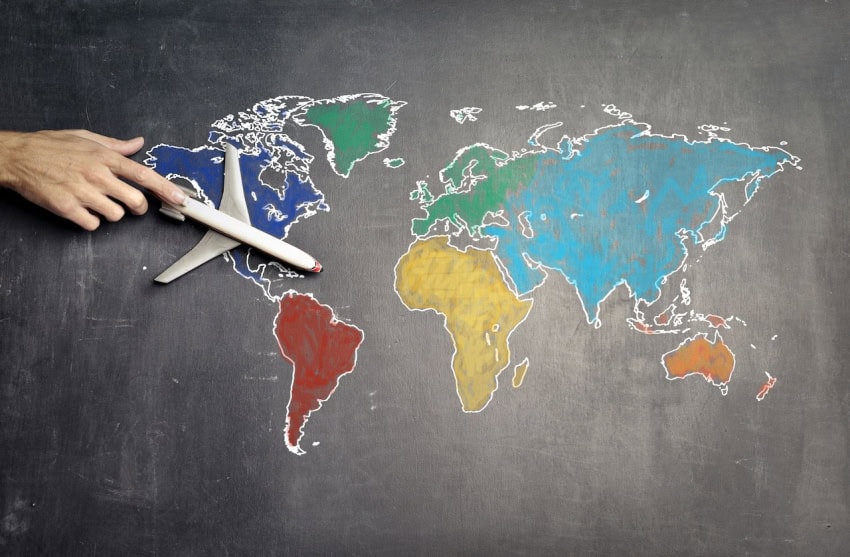BERLIN – Bulgaria and Romania’s entry to the Schengen zone has bagged the support of Germany as Chancellor Olaf Scholz reiterated his comments for the said move.
In a joint press conference with Bulgarian Prime Minister Nikolai Denkov in Berlin, the chancellor said now is the time for the Western Balkan states to become members of the European Union, referring to the fact that 20 years ago, the EU made a corresponding commitment in Thessaloniki.
Recently, the Bulgarian Minister of Internal Affairs, Kalin Stoianov, also expressed his hopes that both Balkan countries would be allowed to become part of the Schengen Zone by the end of this year, stressing that the Spanish Presidency of the Council of the European Union will do anything for the finalization of this process.
Calls have been made to include both the countries in the zone and last month, the European Commission President, Ursula von der Leyen, also said that both countries should acquire membership to the Schengen Zone without further delays, Schengenvisainfo reported.
von der Leyen implied that both states have been showcasing best practices on asylum as well as returns, stressing that border protection has been steeped up.
Despite the support, Austria continues to oppose the accession of these two countries to the Schengen Zone citing that the Schengen system is not working, and thus, there is no point in further extending it.
It bears mentioning that Bulgaria and Romania have been waiting to become part of the Schengen Zone for more than ten years now.
Bulgaria, situated in Southeast Europe, is a country rich in history and culture. It boasts stunning landscapes, from the Black Sea coast to the Balkan Mountains. With a diverse heritage, including Thracian, Roman, and Byzantine influences, Bulgaria offers visitors ancient ruins, traditional folk music, and warm hospitality. Sofia, its capital, showcases a blend of modernity and historic charm, making Bulgaria an enchanting destination.
On the other hand, Nestled in Eastern Europe, Romania captivates with its diverse landscapes and captivating folklore. It is known for the enchanting castles of Transylvania, such as Bran Castle, often associated with the legend of Dracula. Bucharest, the vibrant capital, harmonizes historical architecture with contemporary flair. Romania’s scenic Carpathian Mountains and the enchanting region of Maramures add to its allure.














